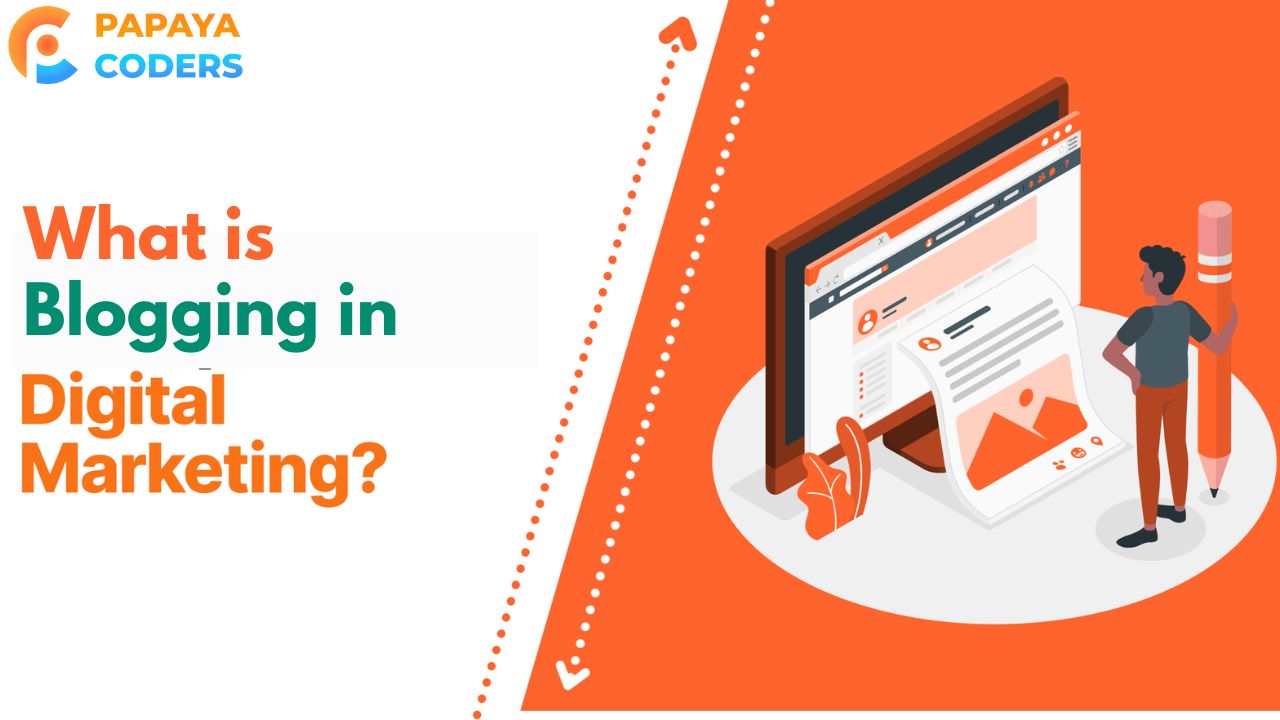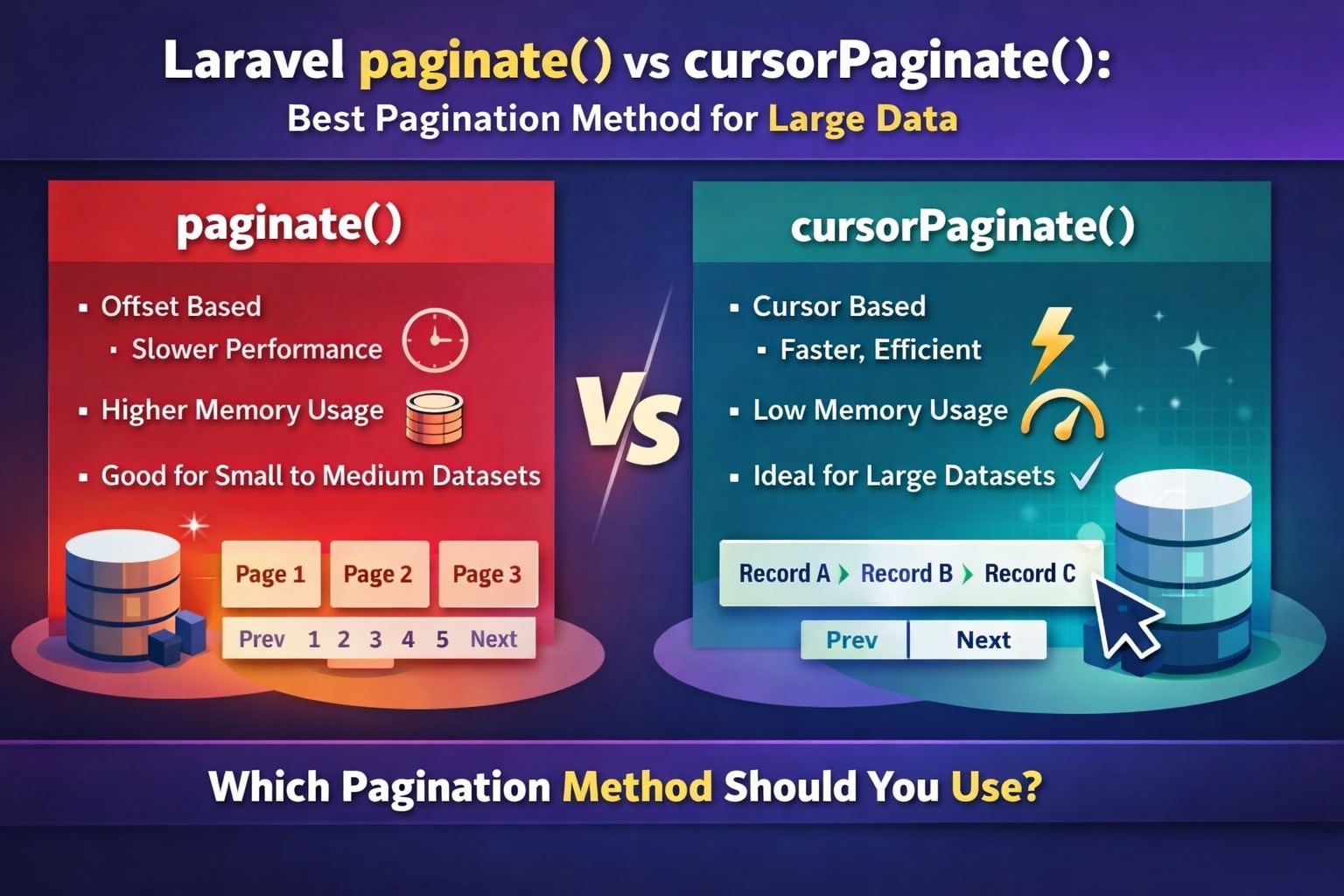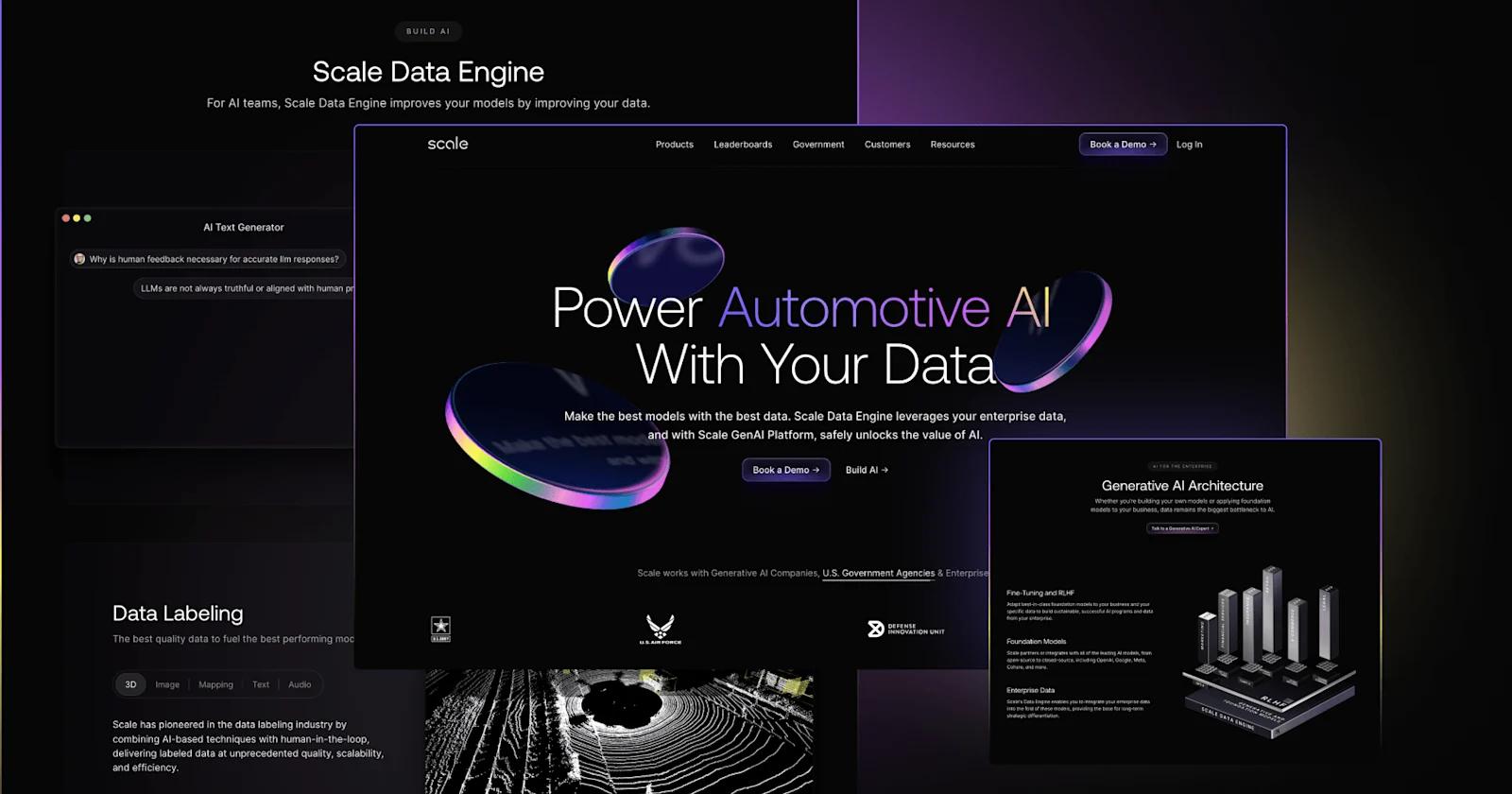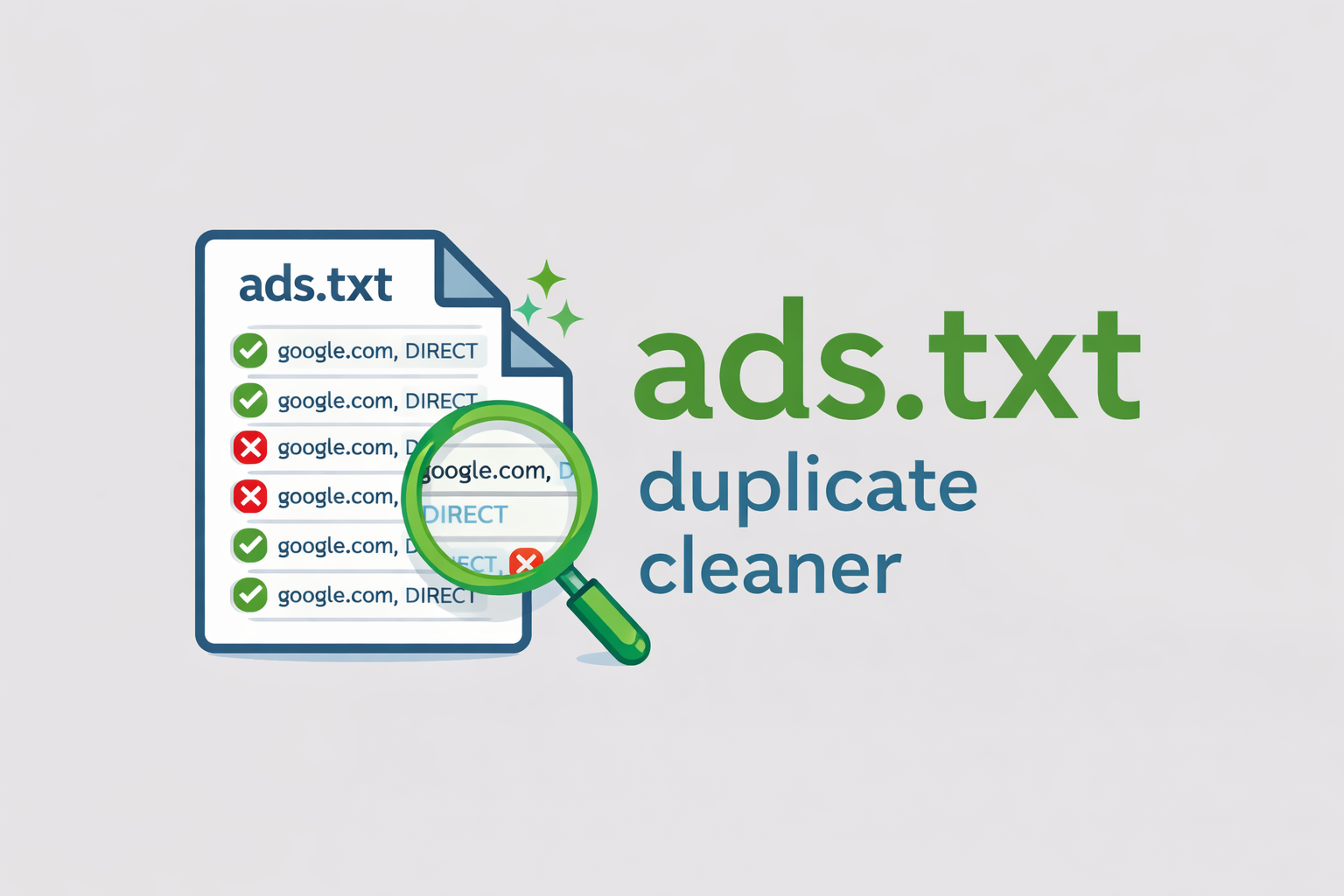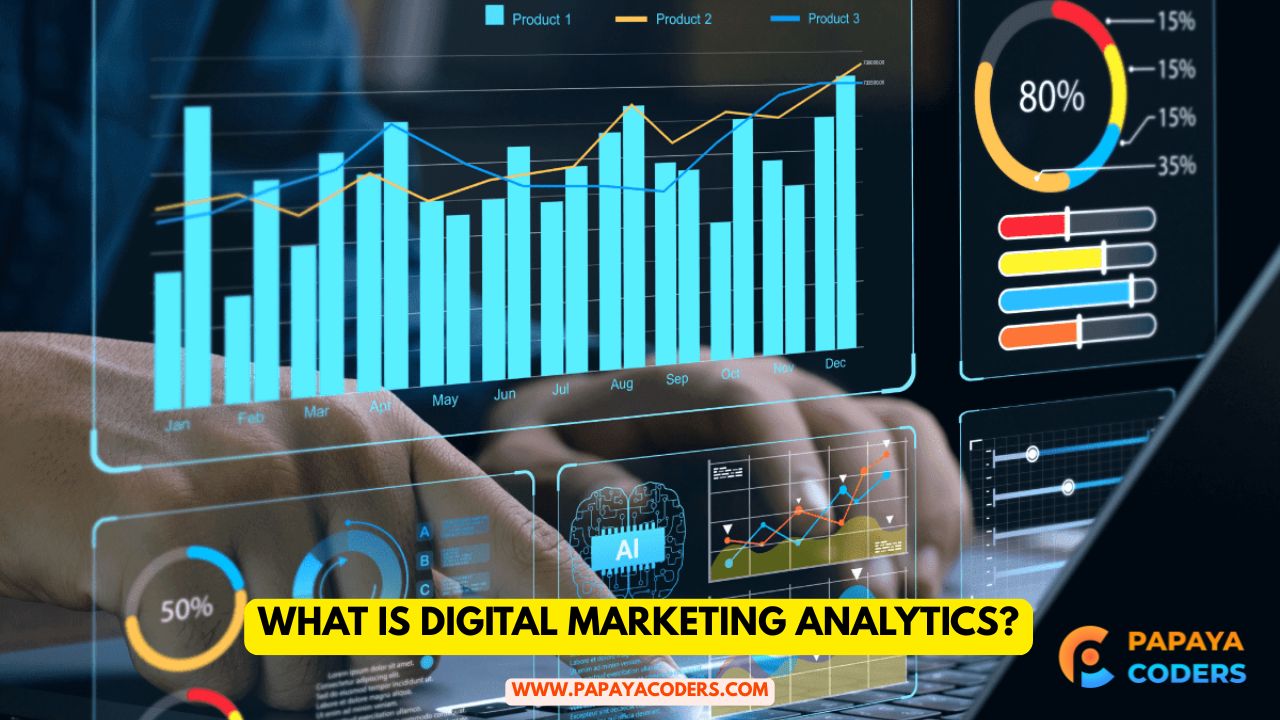In today’s digital landscape, blogging has evolved from a personal journaling activity to a powerful tool for businesses and marketers. Whether you are a small startup or a large enterprise, blogging plays a vital role in digital marketing strategies by increasing traffic, building brand awareness, and fostering customer relationships.
What is Blogging in Digital Marketing?? article delves into the concept of blogging in digital marketing, its significance, and actionable tips to leverage it effectively. We’ll also address some frequently asked questions (FAQs) to clarify common doubts.
Introduction to Blogging in Digital Marketing
Blogging in digital marketing refers to creating and publishing content on a blog to attract and engage a target audience. These blogs are often designed to provide value to readers through informative, entertaining, or problem-solving content while aligning with a business’s marketing goals.
Blogging serves as a platform to:
- Share expertise.
- Establish authority in a niche.
- Promote products or services indirectly.
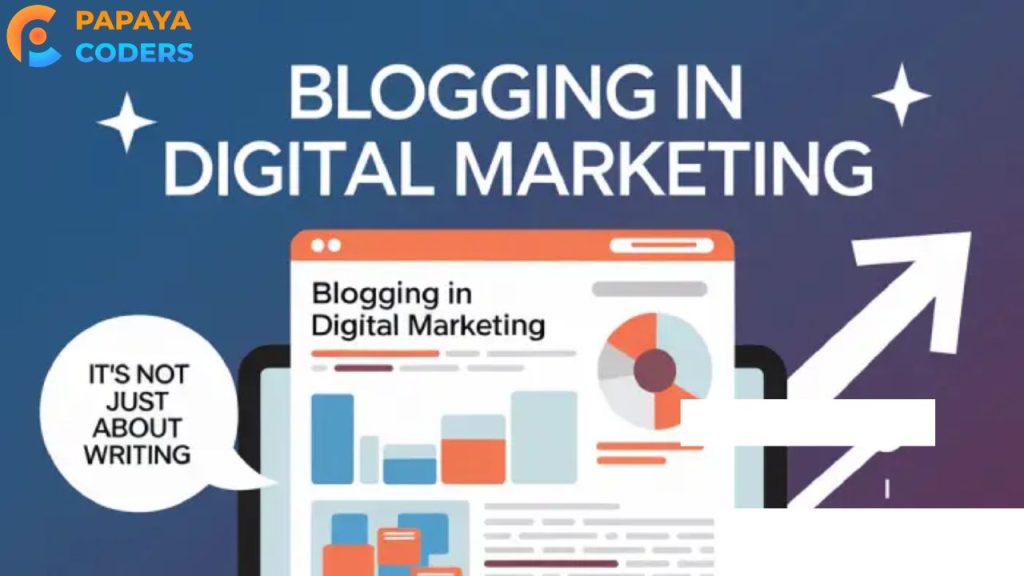
Importance of Blogging for Businesses
In a world where online presence is critical, blogging offers unique advantages:
- Brand Building: Blogs create opportunities to connect with audiences and showcase brand values.
- Content Marketing Hub: A blog acts as the foundation of your content marketing efforts, driving social media posts, emails, and more.
- SEO Optimization: Blogs boost website visibility on search engines through targeted keywords and regular updates.
Key Benefits of Blogging in Digital Marketing
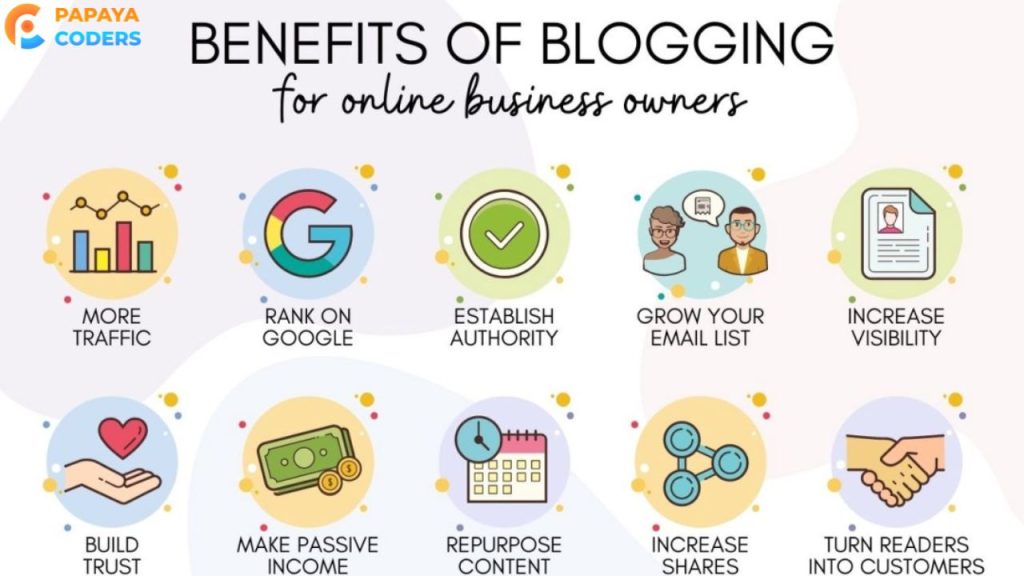
Increased Website Traffic
Regularly updated blogs with SEO-optimized content can significantly improve organic traffic. Search engines prioritize fresh and relevant content, and blogs are perfect for delivering this.
Lead Generation
Blogs can include call-to-actions (CTAs) encouraging readers to sign up, download resources, or inquire about services. This converts casual readers into leads.
Better Customer Engagement
Blogs provide a conversational platform where businesses can interact with readers via comments, feedback, or social sharing.
Establishing Authority
A well-written blog positions your business as a thought leader in the industry, building trust and credibility among customers.
Improved SEO
Blogs enable the use of strategic keywords, backlinks, and meta descriptions, which enhance search engine rankings.
Supporting Social Media Marketing
A blog provides shareable content for social platforms, driving traffic back to your website.
Elements of an Effective Blog Post
To ensure your blog resonates with readers and supports your marketing goals, incorporate the following elements:
- Engaging Headline: Use a catchy title that grabs attention.
- Targeted Keywords: Research and include SEO keywords naturally.
- High-Quality Content: Provide accurate, valuable, and well-researched information.
- Visuals: Incorporate images, infographics, or videos to enhance readability.
- Call-to-Action (CTA): Guide readers to the next step, whether it’s subscribing, downloading, or purchasing.
Best Practices for Blogging Success
Understand Your Audience
Identify your target audience’s needs, preferences, and pain points to create relevant content.
Plan a Content Calendar
Consistency is key. A content calendar helps maintain regular updates and align blogs with campaigns.
Use SEO Best Practices
Optimize for search engines by:
- Including primary and secondary keywords.
- Writing meta descriptions.
- Structuring with headings and subheadings.
Promote Your Blog
Share your blog posts on social media, in newsletters, and through other marketing channels to increase visibility.
Monitor Performance
Track key metrics like traffic, engagement, and conversions to refine your strategy.
FAQs about Blogging in Digital Marketing
Why is blogging important in digital marketing?
How often should I publish blogs?
What topics should I blog about?
How can blogging generate leads?
Can I outsource blog writing?
How do I make my blogs SEO-friendly?
Is blogging still relevant in 2025?
Conclusion:-
Blogging in digital marketing is a versatile and cost-effective strategy to build your brand, attract traffic, and generate leads. By creating high-quality, value-driven content and following SEO best practices, you can leverage blogging to achieve your business goals.
Whether you’re new to blogging or refining your strategy, this guide equips you with the essential knowledge to make blogging a success in your digital marketing efforts.
If you like this, What is Blogging in Digital Marketing?? post then comment down and share your opinion with us. Attention Readers! Join us on WhatsApp Community for daily auto news updates.
You can follow Papayacoders on Twitter, Facebook, Instagram, and Google News. Visit Papayacoders.in for the most recent news, reviews, and tech guides. In my previous blog on Create Best App for Your Business, I ended the post by linking to one of our final guides.

